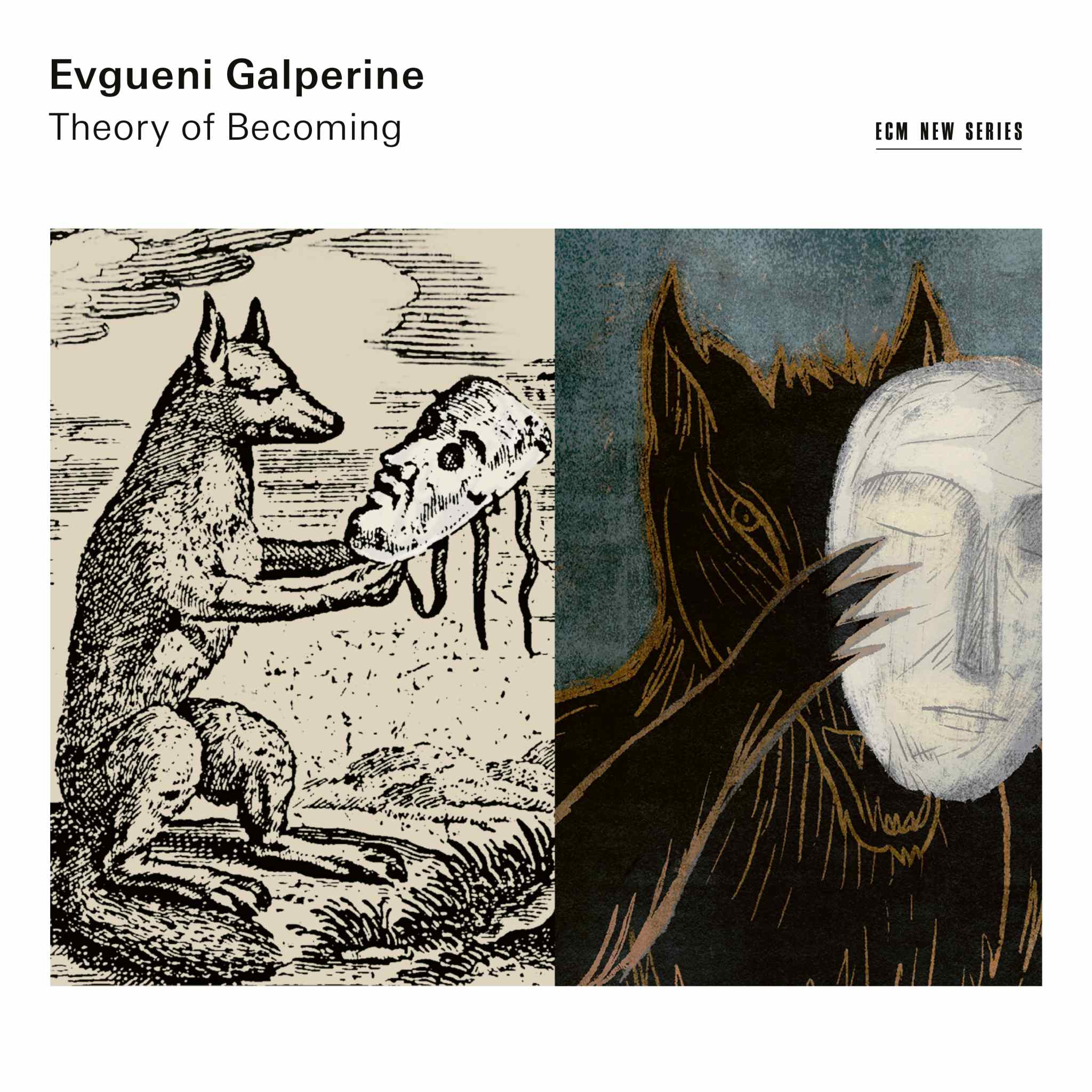Evgueni Galperine's ECM New Series debut is distinguished by its exceptional originality and depth. The composer, of Russian and Ukrainian descent and a resident of Paris since 1990, explores novel and emotionally resonant approaches to sound, texture, and dynamics. His album, "Theory of Becoming," presents an "augmented reality of acoustic instruments," uniquely blending real and virtual sounds. Galperine's music delves into themes such as hope amidst destruction, spiritual journeys, space exploration, and the enchanted worlds depicted in the art of Max Ernst. The album was meticulously produced and designed by Manfred Eicher in Paris between 2020 and 2021 at Studio EPG and Studios de la Seine.

